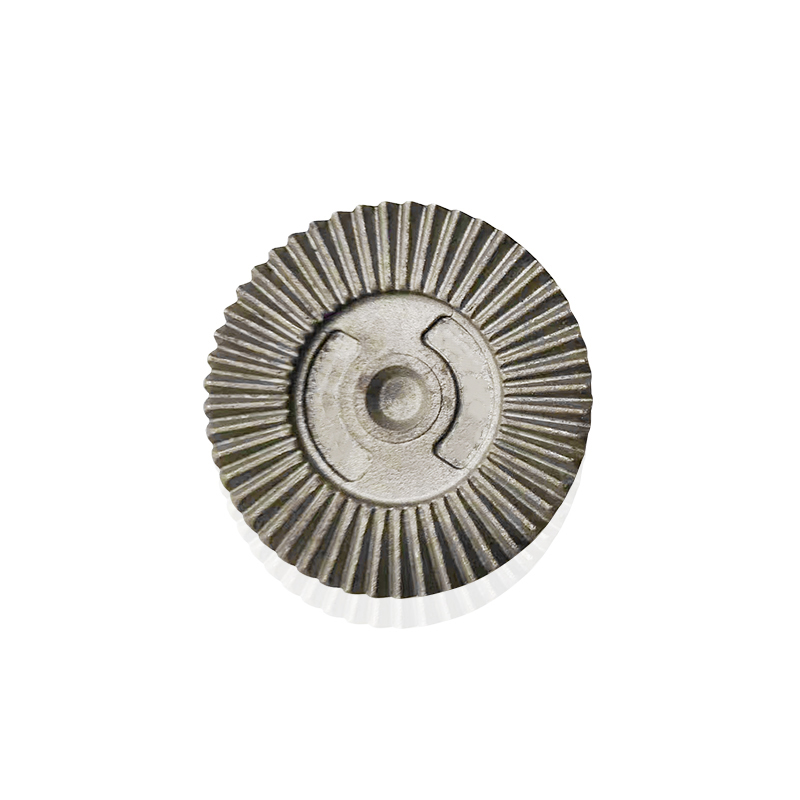Unlocking the Secrets of Engineering Machinery Forgings: Material Selection and Its Impact on Performance
 2025.04.01
2025.04.01
 Industry news
Industry news
Engineering machinery forgings are essential components in various industrial applications, from heavy-duty machinery to complex equipment that demands both precision and durability. The success of these forgings begins with one crucial step: material selection. In this article, we’ll dive into the process of choosing the right materials for engineering machinery forgings, exploring how different alloys and steels affect the final product’s performance, and why getting it right is key to ensuring that these components can handle the extreme conditions they’re designed for.
Understanding Material Selection for Engineering Machinery Forgings
Material selection is the first and most critical decision in the forging process. The mechanical properties of a material—such as its strength, toughness, wear resistance, and ability to withstand high temperatures—directly affect the performance of engineering machinery forgings. Whether it's carbon steel, alloy steel, or stainless steel, each material brings unique advantages to the table.
Carbon Steel: The All-Rounder for Engineering Machinery Forgings
Carbon steel is a popular choice for many forging applications due to its excellent balance of strength and ductility. It’s cost-effective and offers good performance in moderate temperature environments. This makes carbon steel a go-to material for engineering machinery forgings that require reliability without the need for special resistance to extreme conditions. Its versatility allows for a broad range of uses, from structural components to parts subject to moderate wear and tear.

Alloy Steel: Tailoring Forgings for Heavy-Duty Applications
For more demanding applications, alloy steels are often the preferred choice. By adding elements like chromium, molybdenum, or vanadium, alloy steel can be engineered to exhibit specific properties such as increased hardness, better resistance to heat, and improved wear resistance. These tailored properties make alloy steels ideal for engineering machinery forgings that operate in harsh environments—like gears, shafts, and engine components—that must endure constant friction, high pressure, and temperature extremes.
Stainless Steel: The Ultimate in Corrosion Resistance
In industries where corrosion resistance is non-negotiable, stainless steel stands out as the material of choice for engineering machinery forgings. The addition of chromium makes stainless steel resistant to oxidation and rust, making it suitable for machinery exposed to moisture, chemicals, and extreme environmental conditions. Engineering machinery forgings are commonly found in food processing, chemical processing, and marine applications, where long-term durability and resistance to corrosive elements are essential.
The Role of Heat Treatment in Enhancing Forging Performance
Once the material is selected, the next critical step in producing high-quality engineering machinery forgings is heat treatment. Heat treatment can dramatically improve the mechanical properties of the material, including its hardness, strength, and toughness. For instance, quenching and tempering processes can enhance the wear resistance and fatigue strength of alloy steels, making them more suitable for high-stress applications.
The temperature at which a material is heat-treated plays a significant role in determining the final grain structure, which in turn affects the material’s performance. A fine, uniform grain structure achieved through controlled heat treatment ensures that the forgings are more resistant to cracking and can withstand repeated loading cycles, which is essential for components like turbine blades and engine parts.





















